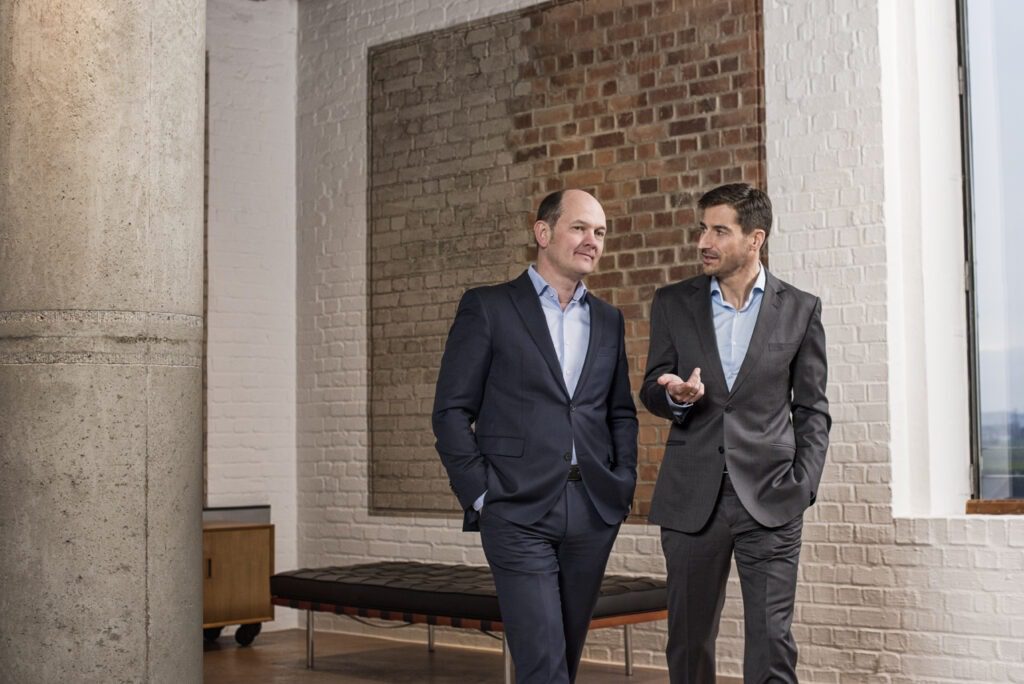Solar modules in ground-mounted photovoltaic systems are eligible for special rights – the German Federal Supreme Court provides clarity
October 2021
Supreme court decisions in plant construction law are rare. On 22.10.2021 (V ZR 225/19, V ZR 8/20, V ZR 44/20 and V ZR 69/20), the Federal Supreme Court (BGH) made a fundamental decision on the special legal capacity of solar modules in ground-mounted photovoltaic systems.
On closer examination, this topic has great relevance for the financing, transferability, construction and sale & lease back transactions of large ground-mounted solar plants (and comparable plants) – and thus also for the energy turnaround in Germany.
The plaintiff was an insolvency administrator who had asserted in four parallel proceedings that a total of 65 investors had not acquired ownership of a certain number of solar modules together with a co-ownership share in the substructure of the photovoltaic system in accordance with the respective purchase agreements. The BGH has now rejected this: at the time of transfer of title, the solar modules were capable of special legal status, i.e. they were neither essential components of the property (§ 94 para. 1 BGB) nor of the photovoltaic system (§ 93 BGB or § 94 para. 2 BGB). In this context, a building within the meaning of § 94 para. 2 BGB regularly presupposes something „built“ with classic building materials of such size and complexity that its removal would result in the destruction or substantial damage and loss of functionality of the thing. An open-air photovoltaic system does not constitute a building within the meaning of § 94 BGB at any rate if it consists of a scaffold-like elevation made of poles or rails as well as photovoltaic modules inserted therein. The photovoltaic system is a movable object in the legal sense because it is neither a building nor an essential part of the property.
This assessment can also be relevant for other plant construction projects if the question is about the special legal capacity of plants or parts of plants.
For further questions regarding the ruling and its effects, please contact Comindis partners Dr Ingo Kühl and Dr Eric Decker.
COMINDIS Partnerschaft von Rechtsanwälten mbB
Steinstraße 27
40210 Düsseldorf
Germany
T +49 211 542249 20
F +49 211 542249 29
eric.decker@comindis.com
ingo.kuehl@comindis.com
www.comindis.com

